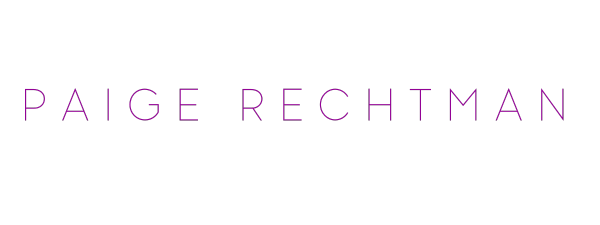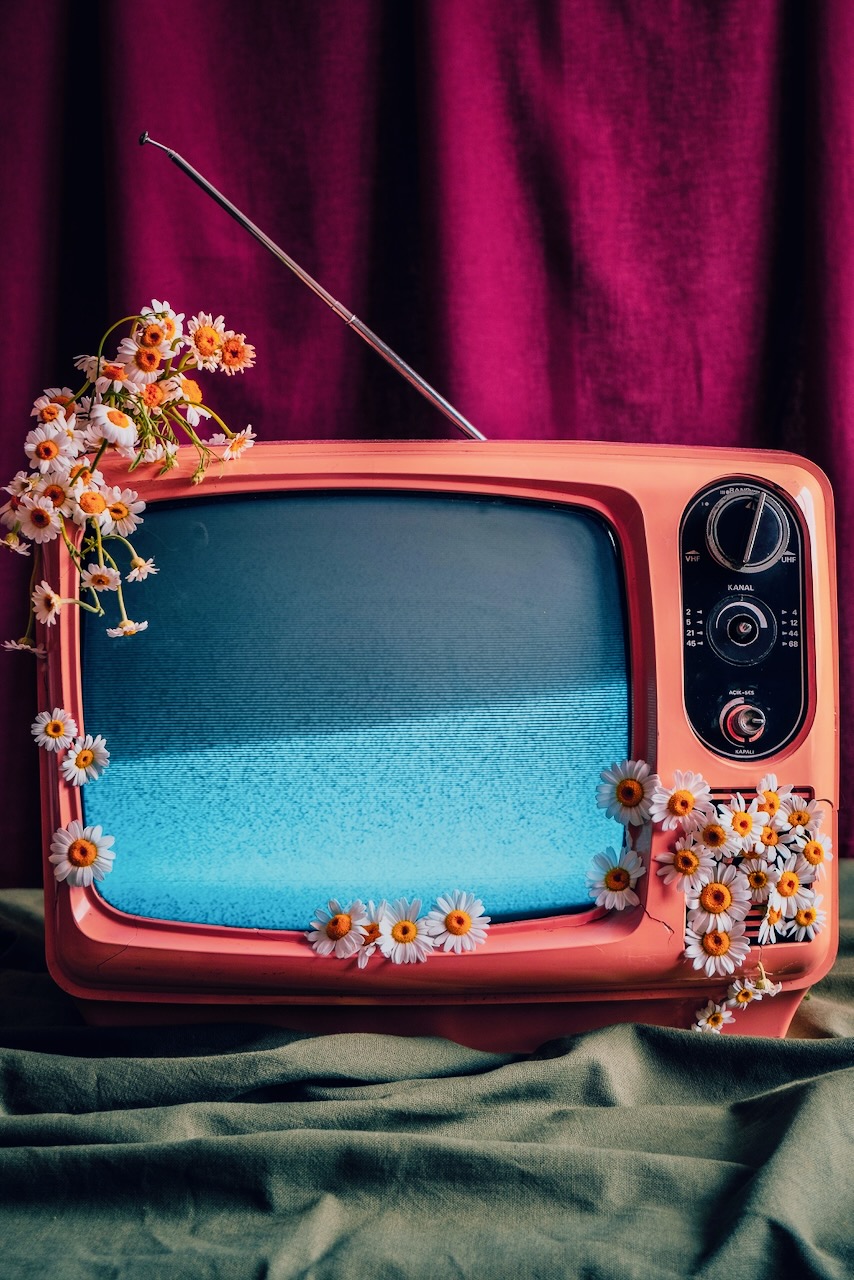Is it just me, or is Never Have I Ever one of the most relatable, therapeutic, and unexpectedly profound sitcoms you’ve ever seen?
I really wish shows like this were on TV when I was a teen. Even now, as a 30-something-year-old, it’s still managing to nourish that inner-adolescent that still exists inside of me.
If you’ve seen it, you know. If you haven’t, I highly recommend you watch it! Not only is it one of the most entertaining and hilarious shows out there, it is a gift for your mental health and wellbeing.
So today’s post is a little different. I’m paying homage to Never Have I Ever by sharing a bunch of “Never Have I Evers” of my own, all related to therapy and mental health.
Warning: some minor spoilers are ahead.
Never Have I Ever… worked with someone who says their teenage years were the best years of their life.
In fact, most people that I work with find themselves caught up in some of the most painful narratives they have created about themselves, that really seemed to latch onto their psyches during their teenage years.
Our teenage years are tough. We are trying to figure ourselves out while learning how to deal with fitting in, forming friendships, connecting to family, all while our hormones are raging and sex is constantly at the forefront of our minds.
Never Have I Ever showcases Devi’s teenage years in a way that is SO RELATABLE! And when we can relate, it can help us feel less alone in our struggles.
Never Have I Ever… seen such a diverse cast of main characters represented in a show.
And it’s about freakin’ time.
In Never Have I Ever, our main character, Devi, is Indian-American. One of her best friends is Chinese-American, the other is Half-Black, Half-Latina and gay. Devi’s main love interest is Half-Japanese, the other is Jewish.
As a White woman, I grew up watching shows and movies with main characters that represented, well, me. Think Dawson’s Creek. Or My So-Called Life. Or really any show ever. Being widely represented in the media, by characters who are multifaceted, and represented in a positive light, has been a form of white privilege that I didn’t have to think twice about as I was growing up.
All I can do is try to understand what it might be like for an Indian-American or other person of color to watch Never Have I Ever, and be curious about what it might mean to see someone who looks like them represented on screen. So instead of writing about it, I am going to defer to this quote, from this article, by Zoya Patel.
“If I’d been able to watch a front-and-centre teen character with a life a bit like mine, I would have felt like I could star in life, instead of assuming I’d always be in a support role.”
Never Have I Ever… loved watching therapy take place on screen.
When I watch shows that have therapists in them, I often cringe. But in this show, Dr. Ryan is so warm, so empathetic, and so HONEST with Devi. She is able to help Devi connect the dots of her life experiences to the dots of her questionable behaviors, and watching their relationship unfold is really heartwarming.
Obviously she isn’t perfect (surprise: no therapist is!). But as a whole, I think Dr. Ryan helps make the world of therapy and mental health seem more appealing, and she demonstrates how helpful going to therapy can truly be.
If you’re curious to learn more about what therapy is like, check out the FAQ here.
Never Have I Ever… so wholeheartedly put myself in the other characters’ shoes.
Not only does this show take the viewer on a journey of self-awareness for the main character, it also shows us what it means to have a deeper awareness of others. Being able to put yourself in someone else’s shoes is a type of therapy in and of itself.
There are quite a few episodes that follow the other characters, and narrate the story from their point of view. We are able to learn more about their situation, and have more empathy because we can understand a bit more about what they are going through, and why they might act a certain way.
It is SO IMPORTANT for us to try and remember that every person we come in contact with has a life and a story of their own.
Everyone has their own insecurities, and what we see on the outside is a small speck of who the person actually is as a whole. This show reminds us of that.
Never Have I Ever… seen complicated grief portrayed so fully.
There is no right or wrong way to handle grief.
Saying goodbye to someone you love is one of the hardest things you’ll ever have to go through.
There might be some moments where the pain feels like it’s swallowing you whole. In other moments, you may not feel anything at all. And sometimes, you might need to just laugh it off. It’s all okay.
In our character’s case, she’s not ready to handle the grief of losing her father (I mean, is anyone ever truly ready for that kind of loss?). The pain of it is so debilitating that it literally becomes debilitating (when Devi loses her ability to use her legs).
I think that the show does a really good job of portraying just how complicated our emotions can be around grief, how the impact of the loss can show up in our lives in unexpected ways, and how profoundly sad one can feel when they lose a loved one. All while providing some appropriate comic relief.
Now that I’ve fangirled all over the place about Never Have I Ever, I’d love to know what you think of the show!
In what ways were you able to relate to it? What has it taught you about your own mental health, or perspective as a teenager?
And if you know a fan of the show, please share this article with them!







